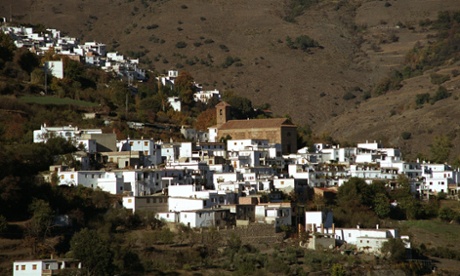“I hate travelling and explorers. Yet here I am proposing to tell the story of my expeditions.”
If you feel like I do, those famous opening sentences of Claude Lévi-Strauss’s will already be enough to persuade you to embark on 400-odd dense pages without wondering where they will take you. You’ll already trust him enough.
But he does go a little further into his reluctance. “I have often planned to undertake the present work, but on each occasion a sort of shame and repugnance prevented me making a start. Why, I asked myself, should I give a detailed account of so many trivial circumstances and insignificant happenings?”
Perhaps you are a lover of travellers’ tales. If the voice of this French anthropologist conveys to you nothing more than academic curmudgeonliness, let’s leave it there. But isn’t it a kind of fastidiousness that seems to belong to a vanished intellectual world? It seems a promise that he feels his discoveries too important not to be told, and perhaps they are. Let me try to explain why.
As a teenager I was thrilled to learn that there was something called anthropology and, I read then, it was the study of mankind as if he were an animal, or as if he were part of nature.
Teenagers want to know who and what they are, and just the fact that this subject even existed seemed to open up the prospect of a whole new kind of truth about us. Are we nature? Many years later, Lévi-Strauss has helped me think about that question.
There is a stereotype of the anthropologist, who sets off for a remote part of the world and finds a tribe who have hardly had contact with westerners, and takes notes, makes sketches, takes photographs. The tribespeople are of course remote, well-hidden; at least a little dangerous; and naturally naked.
Lévi-Strauss was just such an anthropologist. He took notes, and some of his rather beautiful photographs are in the book. The tribespeople – I’m tempted to just say, the people – he met were indeed remote, a bit dangerous, naked. Here is what he made of one group’s nakedness.
He was struck by the impression of the village’s shelters of poles, grasses and palms and the contrast with our buildings, “crushing the occupants unders an indifferent mass of stones”, where these are “knotted together, plaited, woven, embroidered and mellowed by use …”
“The nakedness of the inhabitants,” he writes, “seemed to be protected by the grassy velvetiness of the outside walls and the fringe of palm trees: when the natives slipped out of their huts, it was as if they were divesting themselves of giant ostrich-feather wraps. Their bodies, the jewels in these caskets, were delicately modelled and the flesh tones were heightened by the brilliance of their make up and paint, which in turn seemed to be intended as a background to set off even more splendid ornaments, the rich bright glint of the teeth and fangs of wild animals among feathers and flowers.”
Was a state of nature, if this is what it is, ever more beautifully described or more romantic?
The expeditions full of “insignificant happenings” and “trivial circumstances” were to Brazil, his Tristes Tropiques – a title he wanted to remain in French because (more fastidiousness) he thought it did not quite translate into English. But perhaps Unhappy Tropics, with its suggestion of unluckiness, is quite close.
The villages of the native south Americans he eventually reaches are the settlements of spare, scattered remnants of peoples who generations back met the conquistadores – and that was their great misfortune.
And one overwhelming sense of what has moved Lévi-Strauss to write is that he can hardly get over the fact that these scattered people are all that is left, partly through the sheer bad luck of the spread of disease, but partly also because, to those who first encountered them, they were, if not exactly animals, certainly not exactly men and women either.
That was a tremendous failure of our humanity, and what it says about us – however we try to distance ourselves from our past – is just one of the deep currents running through this beautiful human journey into what in Lévi-Strauss’s time remained of our own inaccessible past.








